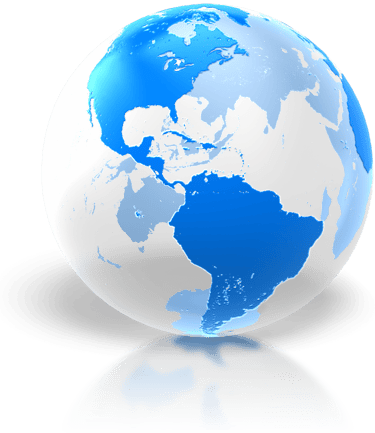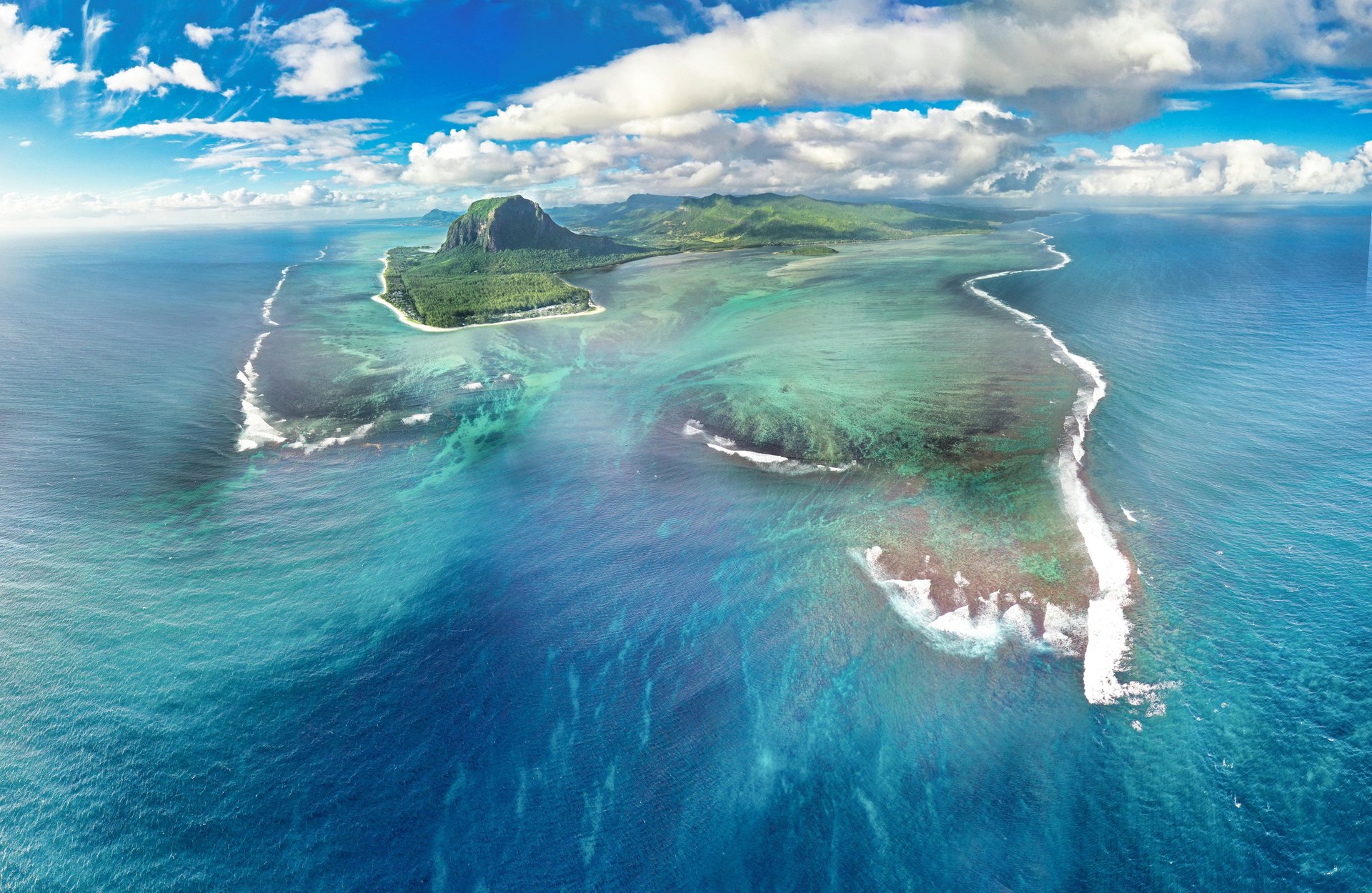
About Mauritius
The Republic of Mauritius is an island nation in the Indian Ocean, located about 2,000 kilometers (1,200 miles) off the southeast coast of Africa. It is known for its stunning beaches, lush landscapes, rich cultural heritage, and vibrant history.
Mauritius is celebrated as a multicultural paradise with a harmonious blend of traditions, cuisines, and natural splendor, making it a top travel destination.
Location
Geography
Location
East of Madagascar and part of the Mascarene Islands, which also include Réunion and Rodrigues.
Capital
Port Louis, the largest city and economic hub.
Topography
The island features volcanic landscapes, mountains, plateaus, and beautiful lagoons protected by coral reefs.
Size
Approximately 2,040 square kilometers (787 square miles).
History
Early Visits
Uninhabited until the 10th century when Arab and Malay sailors arrived. Later visited by the Portuguese in the 16th century.
Colonisation
1) Dutch (1598–1710): Introduced sugarcane and animals but abandoned the island.
2) French (1715–1810): Developed the island and renamed it "Île de France."
3) British (1810–1968):
Retained sugarcane cultivation and abolished slavery in 1835.
Independence
Achieved on March 12, 1968, becoming a republic within the Commonwealth in 1992.
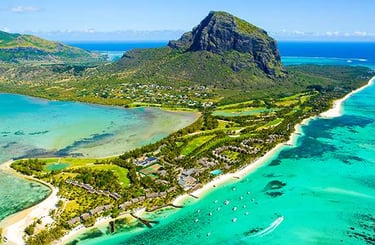



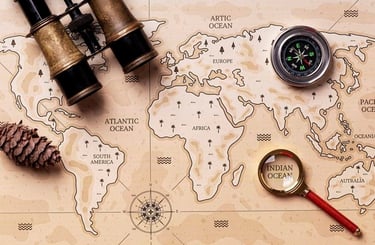

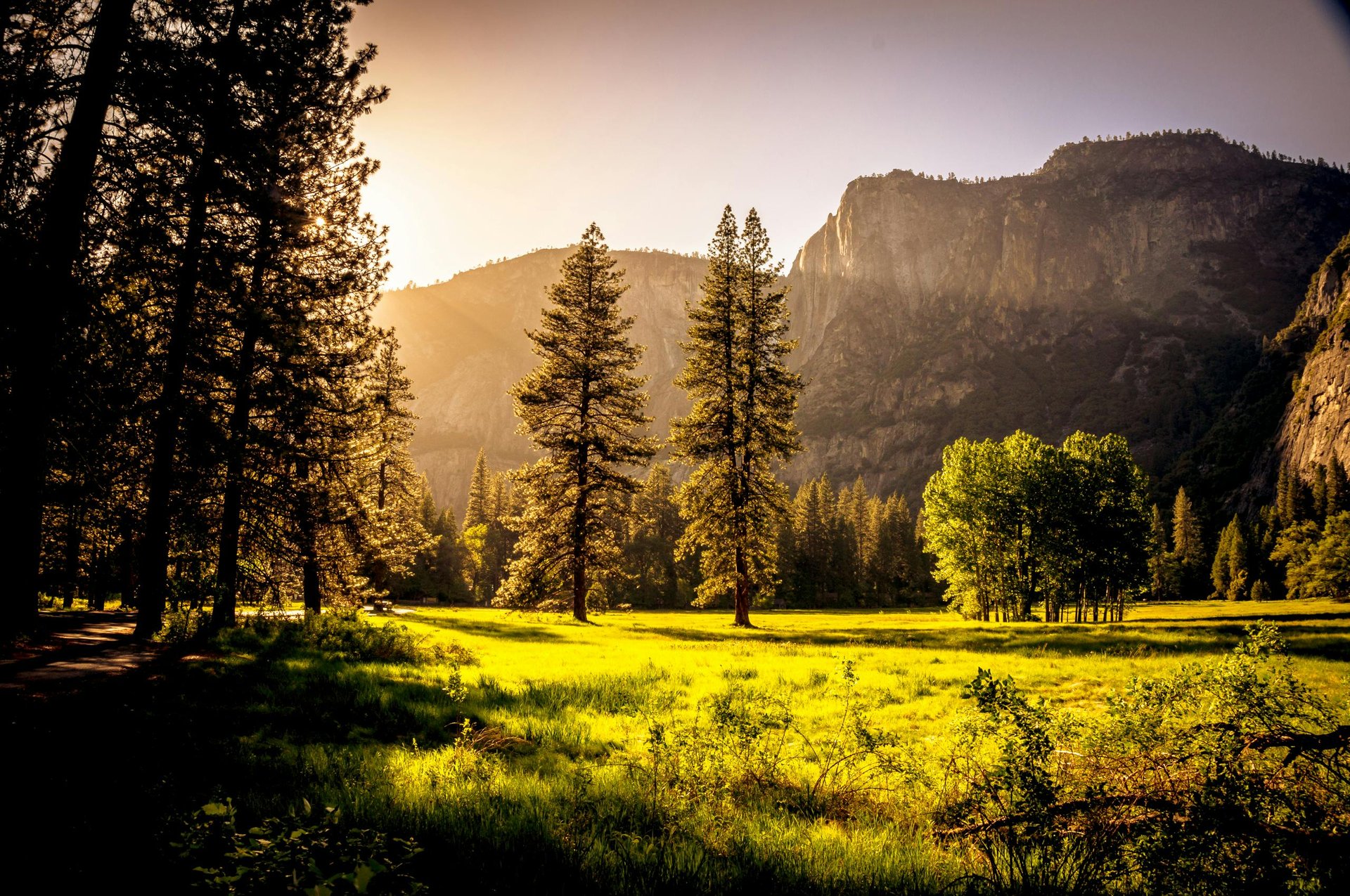


People & Culture
Population
Around 1.3 million (2024 estimate).
Ethnic Diversity
A mix of Indian, African, Chinese and European descent.
Languages
English (official), French (widely spoken) and Mauritian Creole (common).
Religions
Hinduism, Christianity, Islam and Buddhism mainly.
Economy
Initially based on sugarcane, the economy has diversified into:
Tourism
Known for luxury resorts, diving, and natural beauty.
Textiles
A significant export sector, amongst the top 5 textiles products exporter in the world.
Financial Services
Emerging as a financial hub in the region and Africa through SPV (Special Purpose Vehicles)
Information Technology & BPO
A growing sector with a bright future due to its high-tech infrastructure.
Natural Beauty & Climate
Beaches
White sandy beaches like Flic-en-Flac, Choisy, Grand Bay, Au Morne and Belle Mare mainly.
Natural Reserves
Black River Gorges National Park, home to unique flora and fauna.
Landmarks
1) Le Morne Brabant:
A UNESCO World Heritage site.
2) Chamarel Colored Earth: Sand dunes with vibrant colors.
3) Île aux Cerfs:
A picturesque island known for water sports.
Wildlife
Home to the now-extinct dodo bird, the island boasts unique species such as giant tortoises, rare birds, and endemic plants.
Climate
Tropical
Seasons
1) Summer:
Warm and humid (November to April).
2) Winter:
Cooler and dry (May to October).
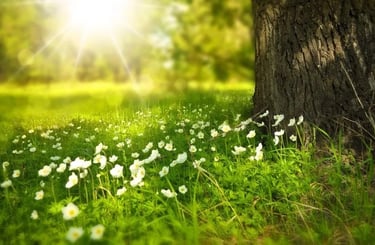



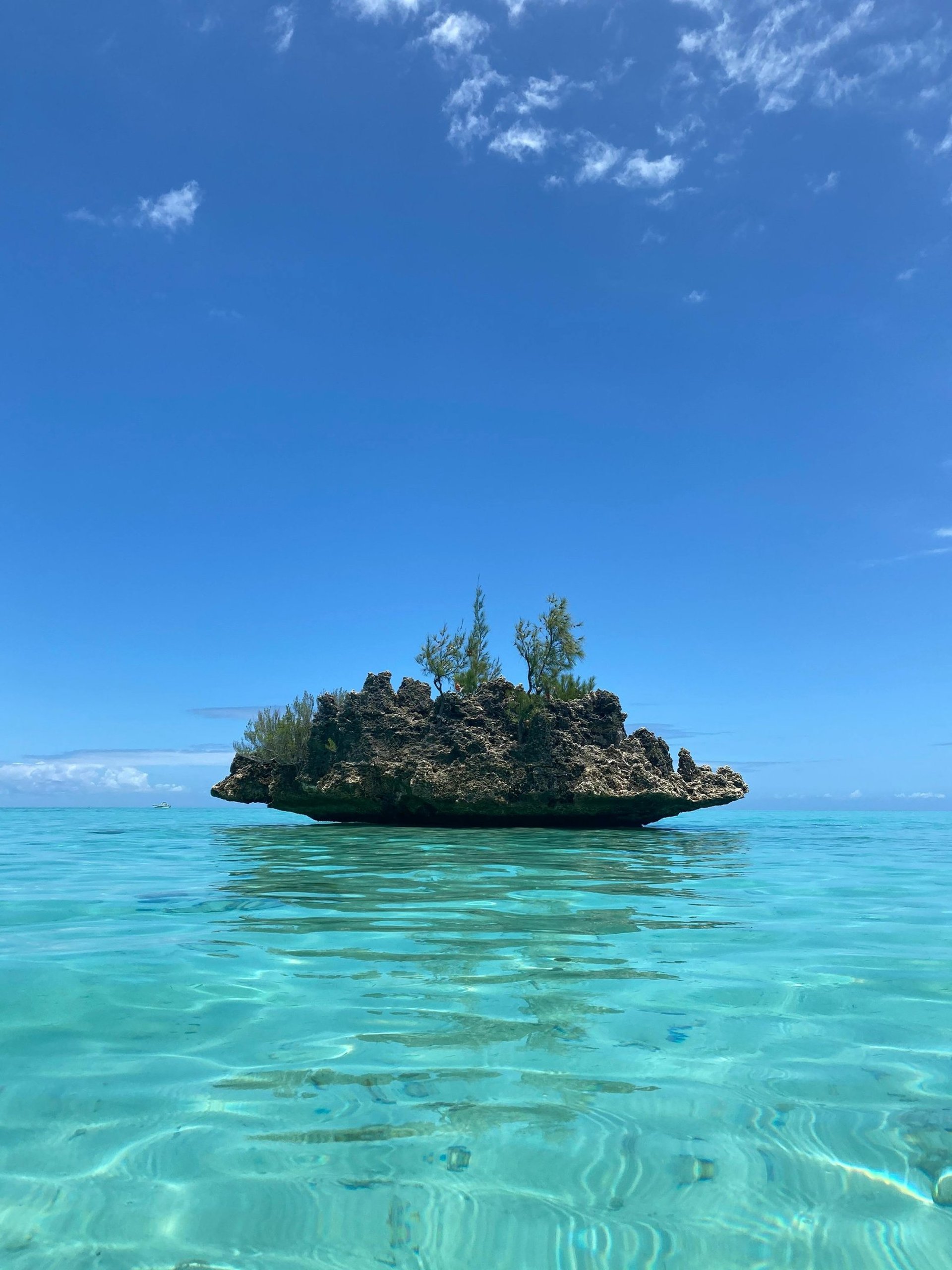
Unique Time Zone
Mauritius has a unique time zone due to its geographical location and historical decisions regarding timekeeping. Here are the key points that make it stand out.
1) Mauritius operates in the Mauritius Time Zone (MUT), which is UTC+4.
2) Time Zone Name: Mauritius Time (MUT).
3) Offset: UTC+4.
4) Daylight Saving Time (DST): Mauritius does not observe daylight saving time, so the UTC offset remains constant throughout the year.
5) Location: This time zone is used exclusively in Mauritius.
Key Characteristics:
1) Mauritius is 4 hours ahead of Coordinated Universal Time (UTC).
2) Local time in Mauritius is the same all year round, providing consistency for scheduling and travel.
Example:
When it is 12:00 PM (noon) UTC, it is 4:00 PM in Mauritius.
Why Mauritius Time Zone is unique?
1. Time Zone Designation
Mauritius operates in the Mauritius Standard Time (MUT) time zone, which is UTC+4. This places it ahead of many African nations, which are mostly in UTC+1 or UTC+2, despite its geographic proximity to the continent.
2. Non-Alignment with Nearby Regions
Unlike nearby islands in the Indian Ocean, such as Madagascar (UTC+3) or Seychelles (also UTC+4), Mauritius has remained consistent with its time zone, even when some regions have experimented with daylight saving time or shifted time zones over the years.
3. No Daylight Saving Time
Mauritius does not observe daylight saving time (DST), which makes its timekeeping simpler compared to countries that adjust their clocks seasonally. A short-lived experiment with DST in 2008 was discontinued due to public dissatisfaction.
4. Island's Position in the Indian Ocean
Mauritius' position in the Indian Ocean east of mainland Africa justifies its time zone of UTC+4. However, this is not entirely unique, as it shares the UTC+4 designation with countries like Seychelles and parts of Russia. What sets it apart is how its time zone fits into the broader regional context of the Indian Ocean nations.
5. Cultural and Economic Ties
Mauritius' time zone supports its economic and trade relationships with countries in Europe, Asia, and Africa. It helps maintain a balance for international business, as it is positioned between time zones in Europe and Asia.
While Mauritius’ time zone is not the only UTC+4 in the world, its uniqueness stems from its location, consistent use of this time zone without DST, and how it contrasts with the time zones of its geographically close neighbors.
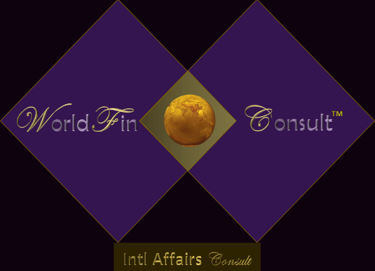

All Rights Reserved © 2025
Address
44, Boulevard Victoria Avenue,
Port-Louis, 11403, Mauritius
Contacts
Tel 1: (+230) 5444 6695
Tel 2: (+230) 5780 2621
Email: info@worldfinconsult.com
AAll Rights Reserved © 2025
Quick Links
